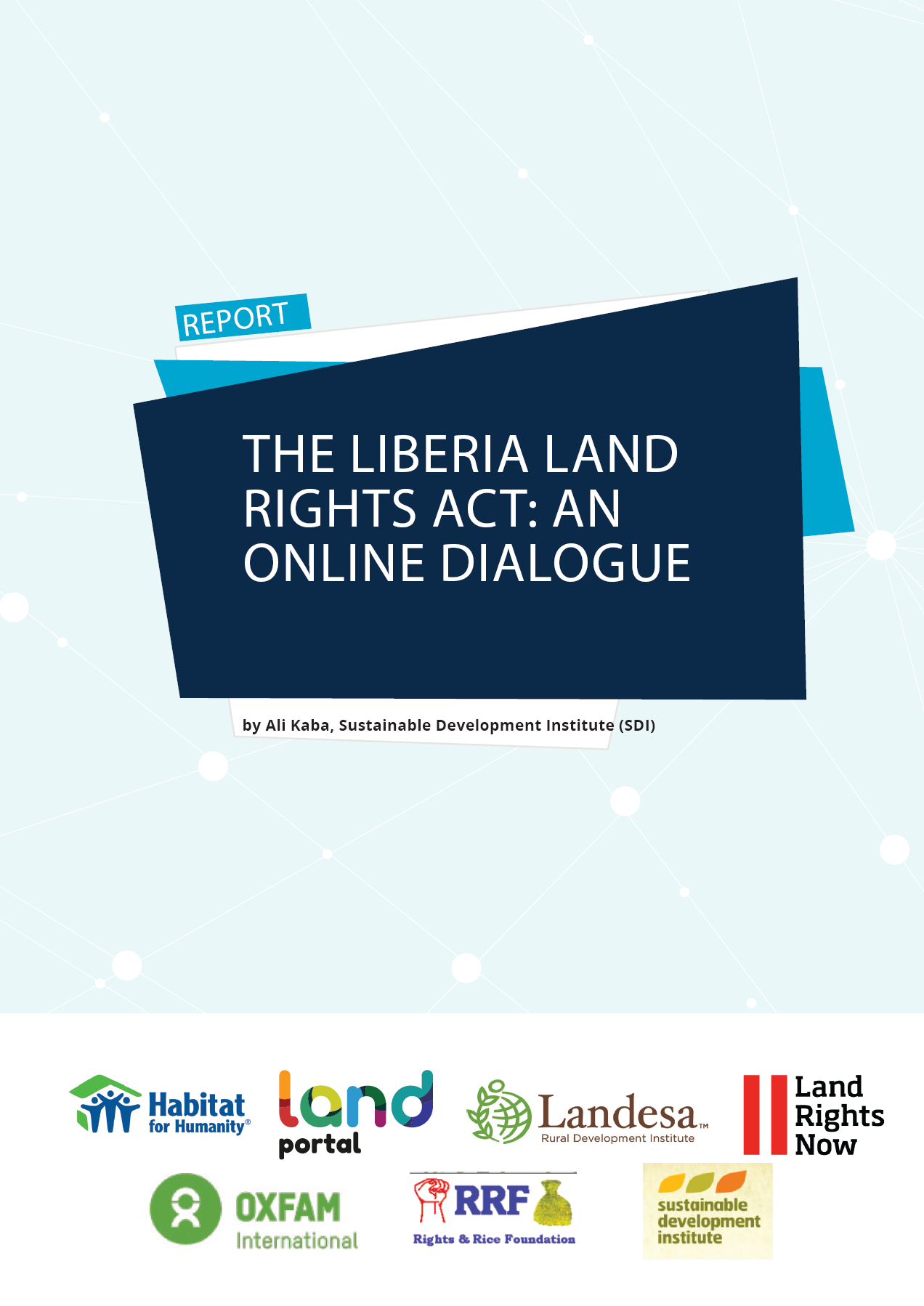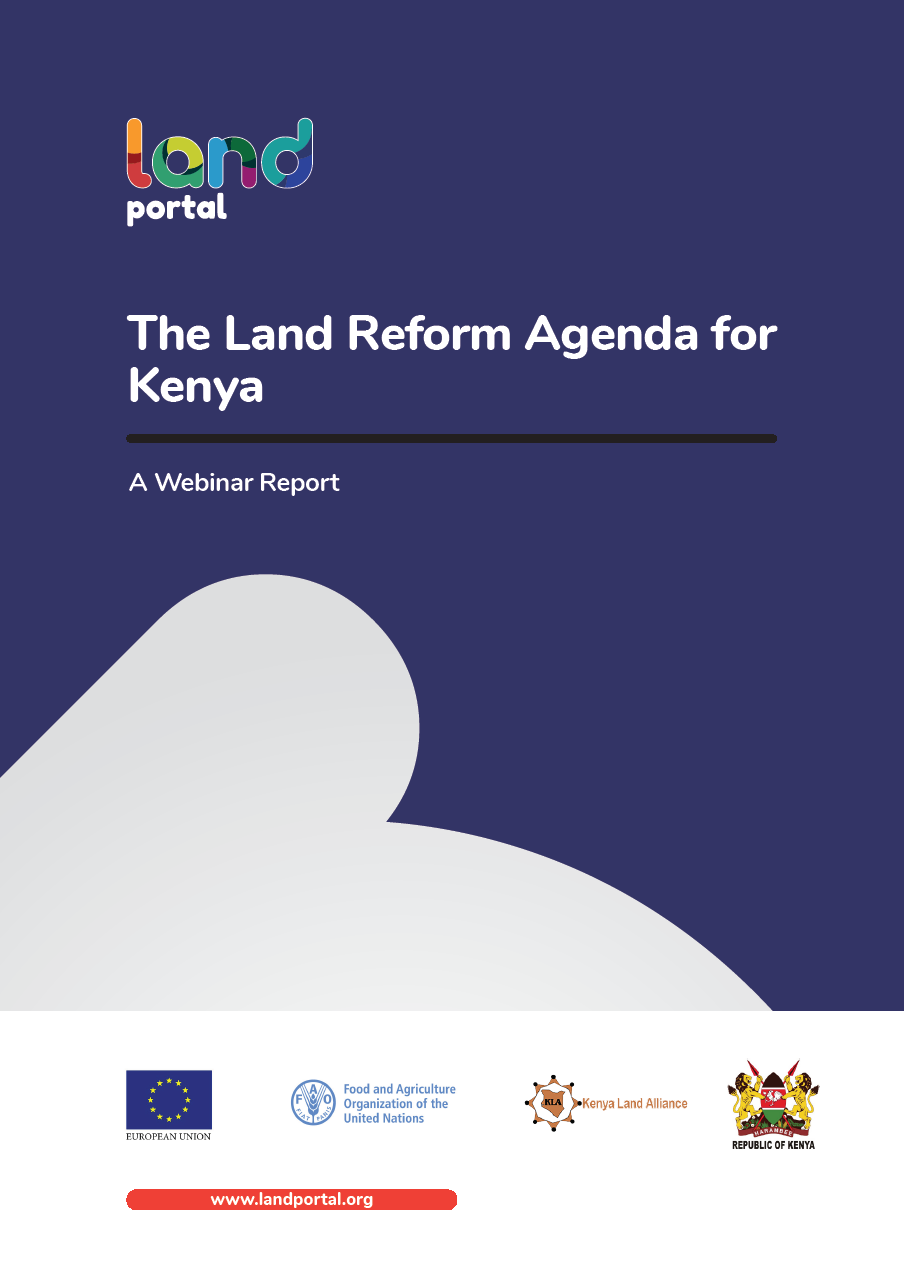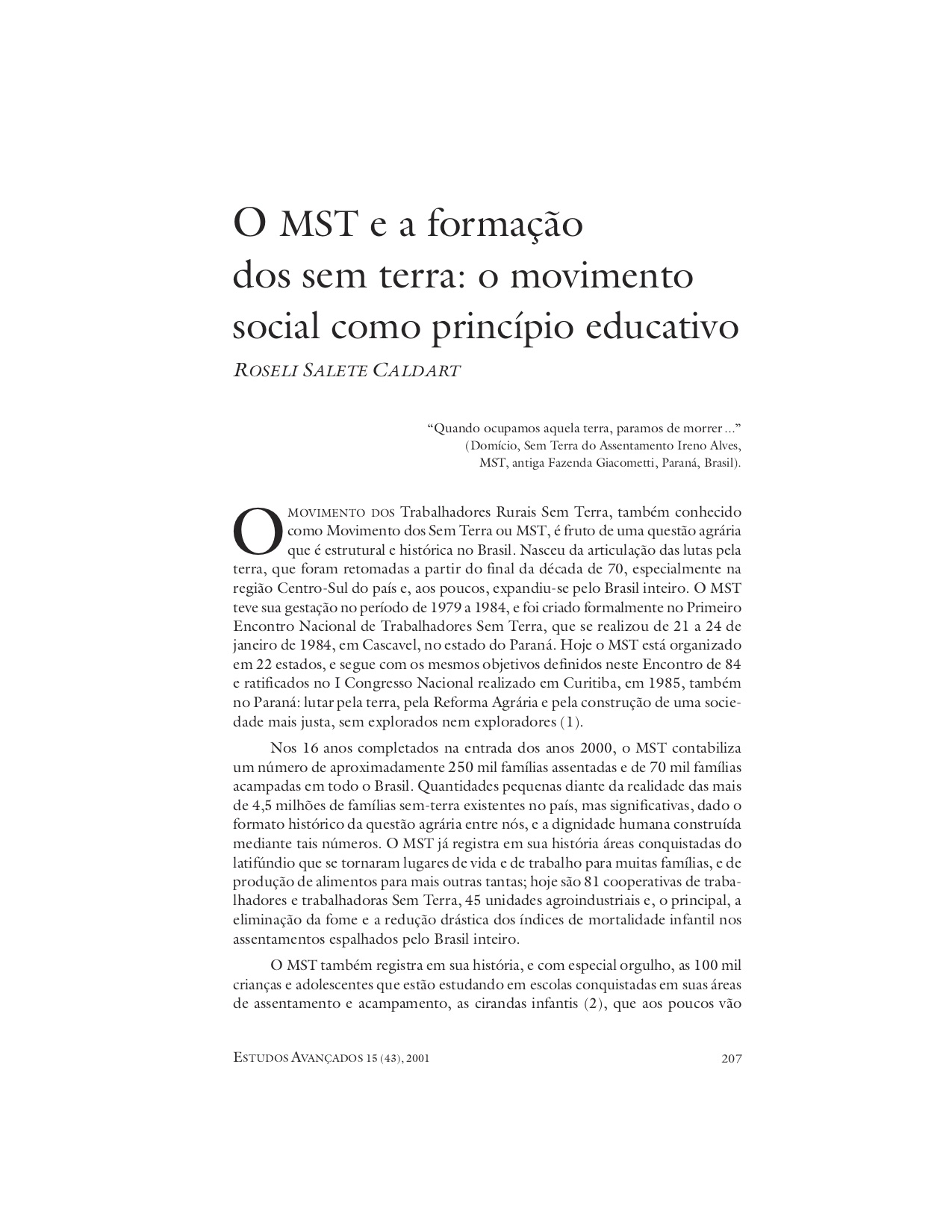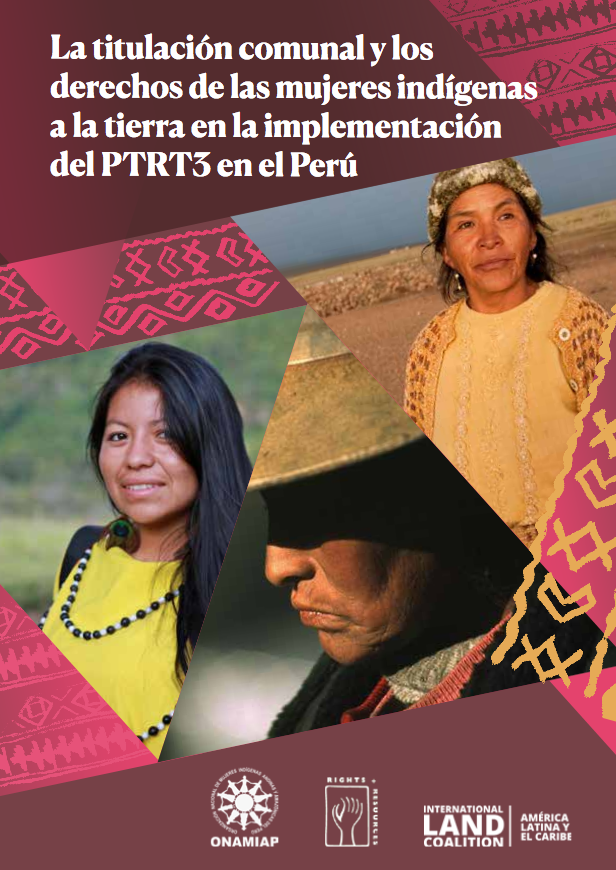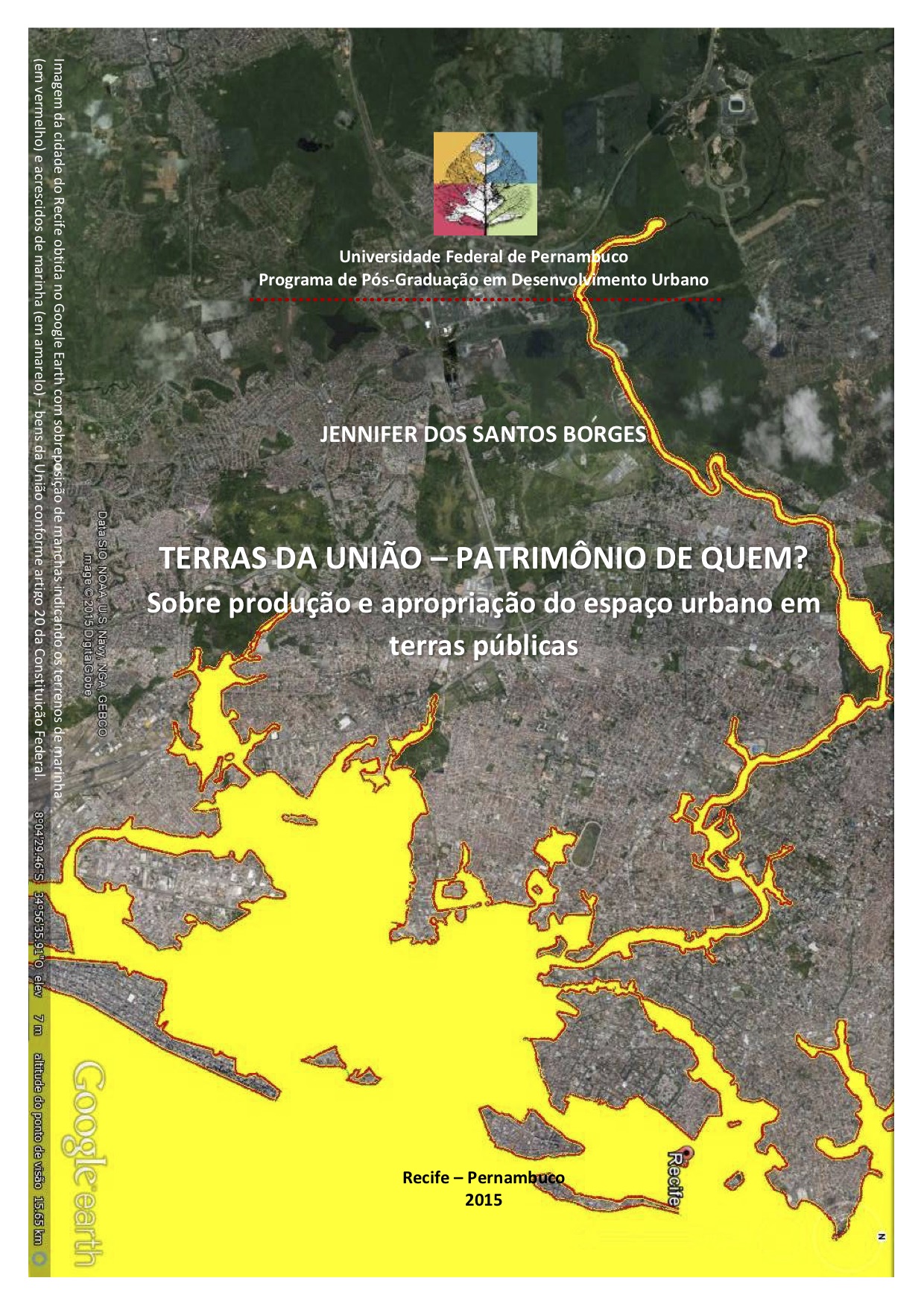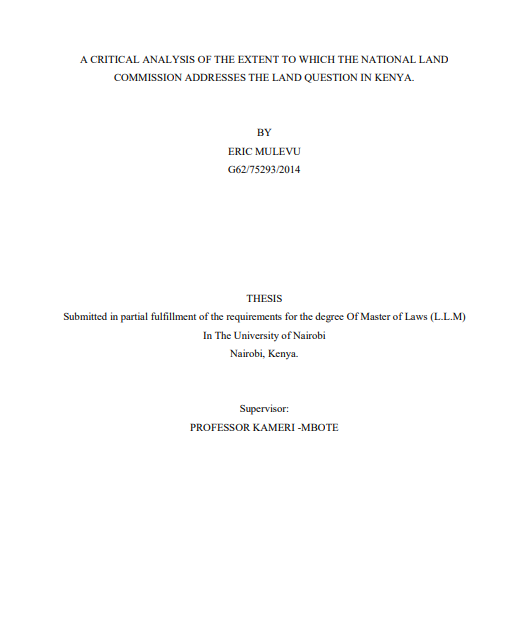The Liberia Land Rights Act: An Online Dialogue
The Land Portal Foundation, Landesa and the Sustainable Development Institute (SDI) co-facilitated a discussion on Liberia’s Land Rights Bill between July 18 and August 8, 2018. The discussion took place in collaboration with the Rights & Rice Foundation, Habitat for Humanity, and the Land Rights Now campaign.
The full dialogue can be read here.

